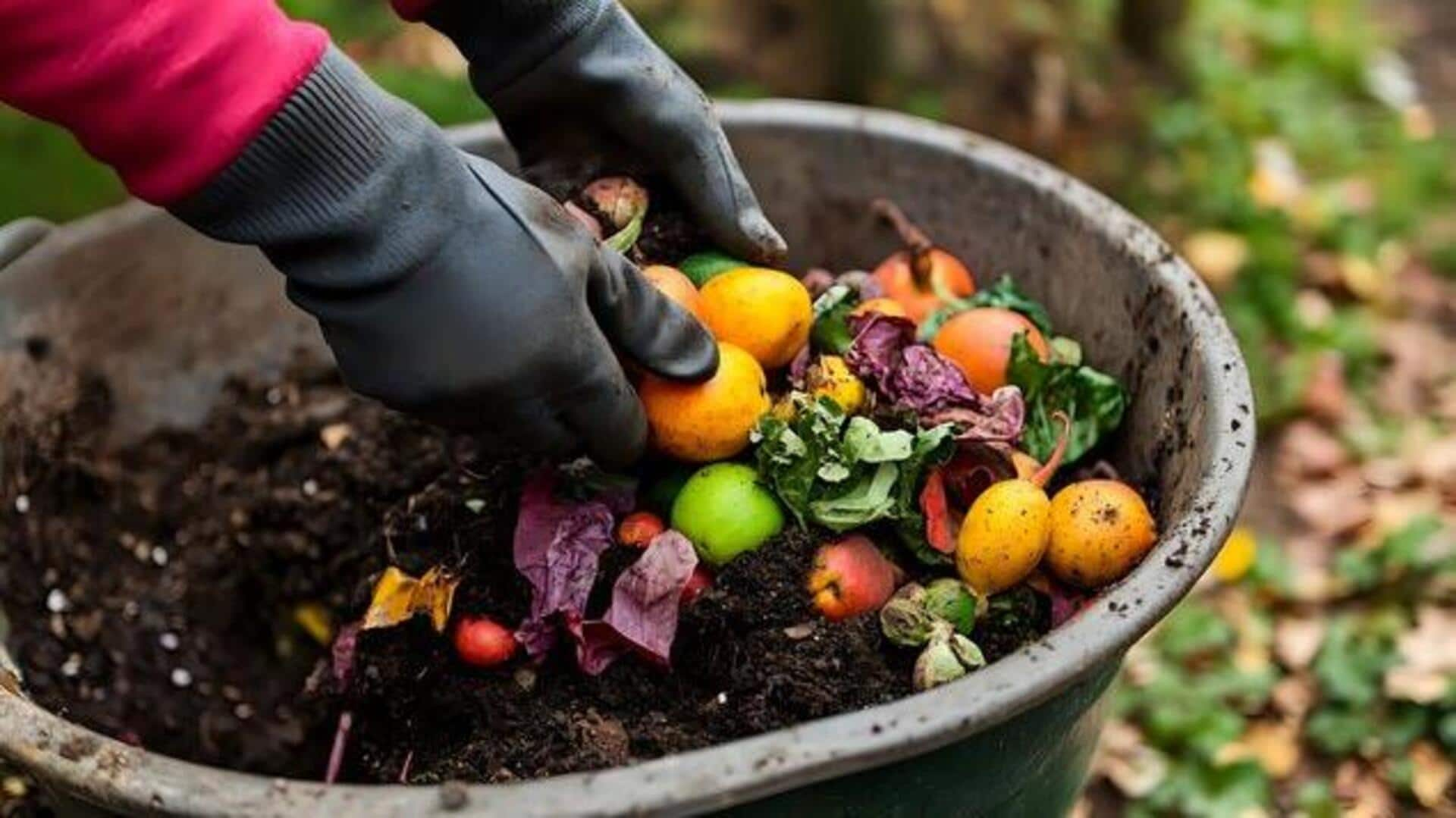**Composting Made Easy: 5 Tips to Reduce Waste**
*By Simran Jeet | Oct 06, 2025, 11:24 AM*
Composting is an effective way to reduce waste and enrich soil—a practice many African households have embraced for generations. By turning kitchen scraps and yard waste into nutrient-rich compost, families can improve their health of their gardens while minimizing their environmental impact.
Here are five practical composting tips that are easy to implement and cost-effective. These hacks will help you create a sustainable composting system that benefits both your home and the environment.
### 1. Use Banana Peels for a Nutrient Boost
Banana peels are rich in potassium, an essential mineral for plant growth. Simply add them to your compost pile or bin to give your plants a natural nutrient boost. Banana peels decompose quickly, releasing valuable nutrients into the soil. This is a great way to enhance your garden’s health without spending extra on fertilizers.
### 2. Coffee Grounds as Pest Repellent
Used coffee grounds serve double duty—they enrich your soil with nitrogen and act as a natural pest repellent. Their strong aroma helps keep unwanted insects and pests away from your plants. You can sprinkle coffee grounds around the base of plants or mix them directly into your compost pile to protect your garden while improving soil quality.
### 3. Eggshells for Calcium Enrichment
Calcium is vital for healthy plants and can prevent issues such as blossom end rot in tomatoes and peppers. Crush eggshells into small pieces and add them to your compost to provide a natural source of calcium. This simple hack helps you recycle kitchen waste efficiently while supporting your garden’s nutrient needs.
### 4. Shredded Paper as Carbon Source
Shredded paper is an excellent carbon source that helps balance nitrogen-rich materials like food scraps in your compost. Adding shredded paper promotes aeration and speeds up decomposition, improving the quality of your compost. This is also a fantastic way to recycle paper waste and reduce landfill contributions.
### 5. Leaves as Natural Mulch
Fallen leaves make excellent natural mulch, helping to protect soil moisture and regulate temperature around plants. Instead of discarding leaves during autumn or after storms, shred them and use them as mulch or mix them into your compost pile. This practice reduces waste and improves soil structure over time by adding valuable organic matter.
—
By incorporating these simple tips into your composting routine, you can reduce household waste, enrich your garden soil, and promote sustainable living—all while saving money. Start composting today and make a positive impact on your environment!
https://www.newsbytesapp.com/news/lifestyle/smart-composting-hacks-every-african-household-swears-by/story


